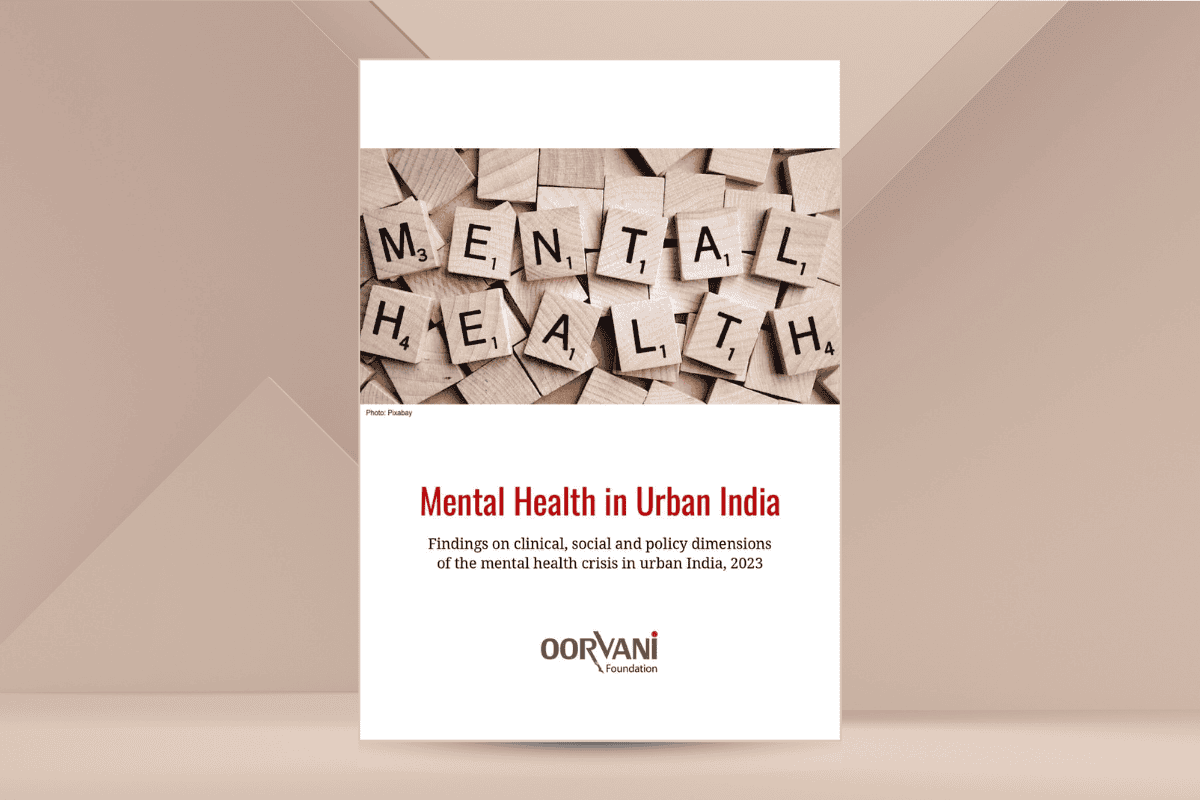As part of our ongoing series on mental health, our investigations—through expert interviews, on-the-ground reportage, and citizen-authored narratives—have revealed that mental health is not an isolated issue, it is more widespread than is reported and treated. It is a complex challenge shaped by clinical, social, and policy-related dimensions.
Our findings point to several critical and indisputable realities
- Stigma and Lack of Awareness: Despite increasing discourse around mental health, stigma and misinformation remain deeply entrenched—even among urban populations. These barriers often prevent individuals from seeking necessary support and can lead to the abandonment of persons with mental illness (PMIs).
- Suicide and the Narrow Lens of Prevention: Suicide rates in India have risen alarmingly in recent years. Yet, prevention efforts predominantly focus on individual or medical approaches, with minimal attention given to systemic interventions. The role of collective care and community support remains undervalued.
- Affordability and Access: The high cost of mental health care, compounded by limited insurance coverage, discourages sustained treatment. Addressing this requires collaborative advocacy and a concerted movement for equitable access and financial support.
- Urban Marginalization: Marginalized groups within urban areas are especially undeserved. Their limited access to mental health care is closely tied to broader social, economic, and infrastructural inequalities.
The report


